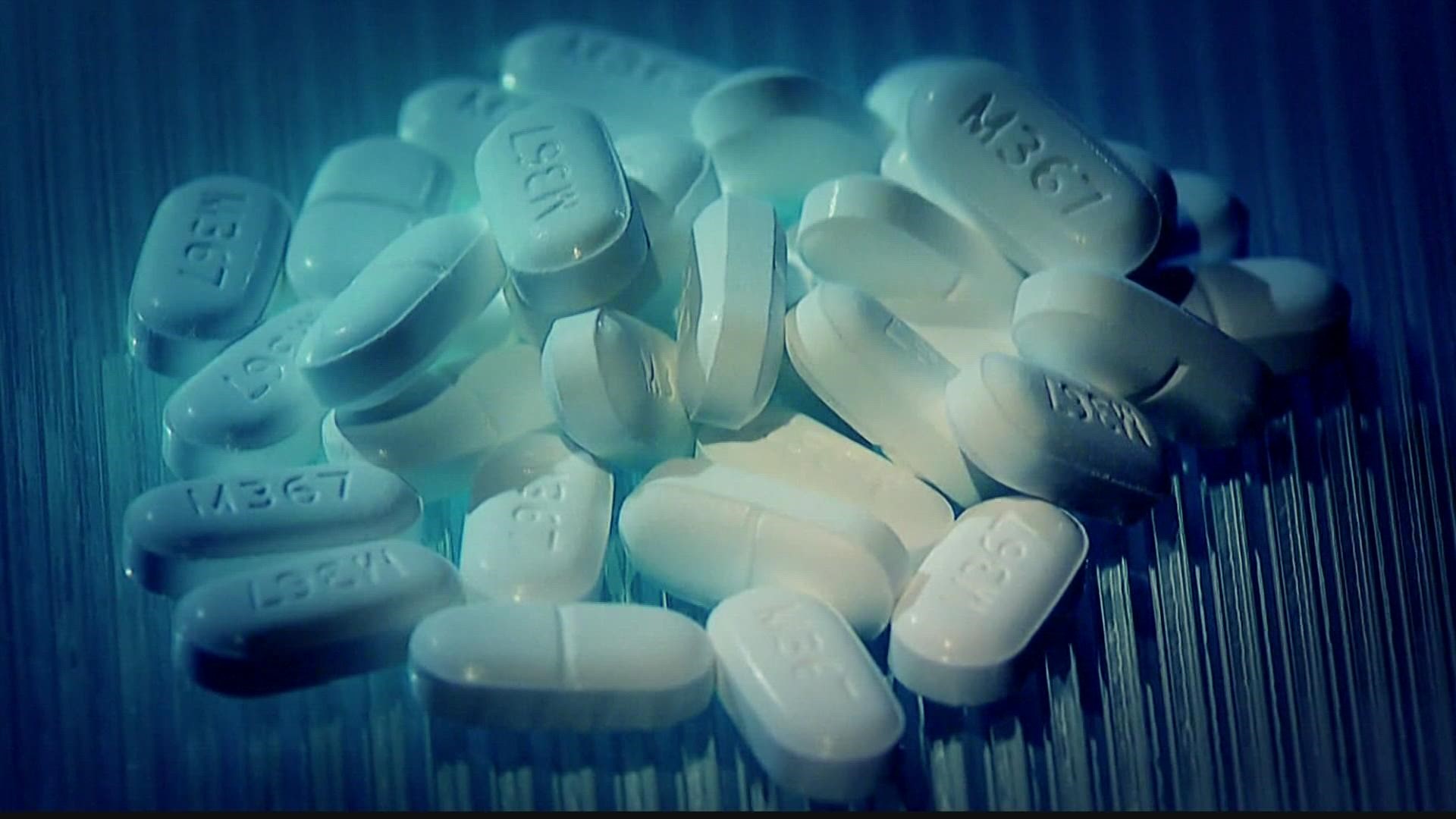ATLANTA — Just one pill can kill.
Over the past few years, the opioid epidemic has spread across Georgia. A recent report by the Georgia Department of Public Health says adolescents (persons aged 10-19 years) are the most at risk.
The report found adolescent fentanyl deaths rose 800% between 2019 and 2021 – 3.7% higher than in adults – and adolescent deaths involving any opioid increased by 236%.
Dr. Laura Edison, a Medical Epidemiologist with the Department of Public Health, attributes the rise in deaths to a lack of drug education in teens that has stemmed from the pandemic.
“Fentanyl has really infiltrated the press market now, and it's in all sorts of street drugs at this time. So I think that what's happening is a lot of adolescents are dying from taking one bad pill or a dose of some other sort of street drug that's laced with fentanyl,” she explains.
A recent survey by the DPH found only 27% of teenagers were aware of the risk of fentanyl-laced drugs, and 27% were unaware that a small dose could be lethal. This is why Edison is pushing for teens to know all of the risks of drugs, including the difference between fentanyl and opioids.
While opioids could refer to various drugs, including heroin and prescription drugs such as oxycodone, morphine or codeine, she clarifies that fentanyl is a synthetic opioid that is “much more potent than most opioids.”
“It's about 100 times as potent as morphine, so a tiny amount can be deadly and that's the real problem, there's no portion control. And when fentanyl is being mixed in with illicit drugs or pressed into a pill, one pill is enough to kill you sometimes,” she warns.
Edison believes the solution to decreasing this number is education on all fronts, including home and school.
“Parents need to talk to their teenagers about the dangers. We need to be educating parents. We need to be educating at schools. I'm hoping that schools take up this campaign and really start offering some education within the school community for teenagers as well.”
Meanwhile, in case of an accidental overdose, she encourages teens and adults alike never to do drugs alone and always keep Narcan – also known as Naloxone – on hand.
One dose of Narcan can reverse the effects of an opioid overdose and stabilize an individual, effectively saving a life. It can be found at any pharmacy or any pharmaceutical harm reduction agency.
“It's just really important that teenagers know that street drugs have changed,” Edison says. “No street drug is safe, and I think that message has been a little too slow to get out. And that's part of the reason we're seeing so many overdoses.”

